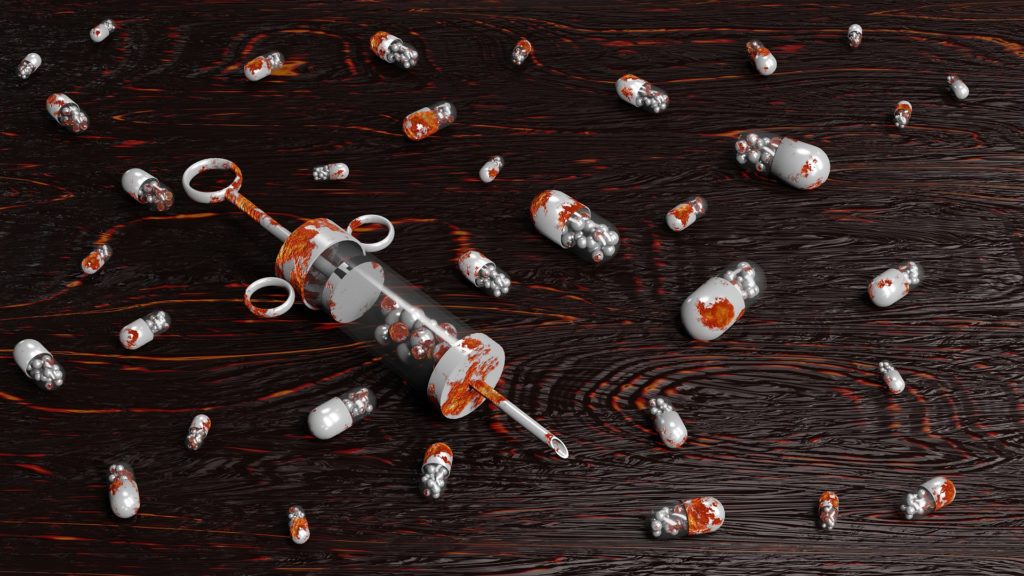
Unlocking the Secret to Longer-Lasting Vaccine Protection
When kids get their second measles-mumps-rubella (MMR) vaccine, they’re usually protected for life. But why does the flu shot from last October start to lose its power by spring?
A team from Stanford Medicine may have cracked the code. Their new study points to an unexpected hero in our blood: megakaryocytes, usually known for blood clotting.
What’s the Big Deal? Dr. Bali Pulendran, a professor at Stanford, explains, “We’ve found a molecular signature in the blood that can predict how long a vaccine’s effects will last. This could change how we develop vaccines.”
The Study Pulendran’s team examined how 50 volunteers responded to an H5N1 bird flu vaccine. They used a unique program to analyze blood samples and found that a particular blood cell activity involving megakaryocytes was a key predictor of lasting immunity.
Why It Matters Their findings suggest that megakaryocytes might help create a supportive environment for antibody-producing cells in the bone marrow, leading to longer-lasting vaccine responses.
Next Steps: The researchers aim to develop tests that can quickly predict a vaccine’s longevity, potentially speeding up clinical trials and allowing for personalized vaccine schedules. Imagine a simple blood test that tells you how long your vaccine will protect you and when you might need a booster!
With this breakthrough, we’re one step closer to vaccines that keep us protected for longer periods, making the world safer for everyone.